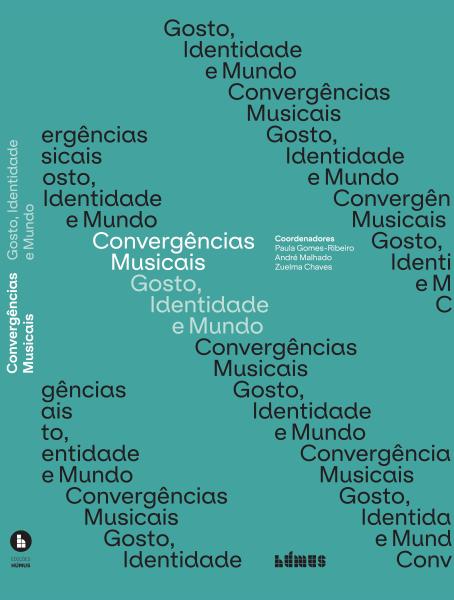Convergências musicais: gosto, identidade e mundo
Synopsis
“The observation and articulation of music and sound as social practices and instruments of power and representation have been evident across all eras and regions. From the earliest narratives about the powers of sound to the state of knowledge in this field in the third decade of the 21st century, common concerns are recognised, echoed through time, and changes are noted, particularly in how knowledge is perceived and constructed. The multiplicity of voices associated with post-structuralism, deconstruction, postmodernism, post-colonial and cultural studies –an inheritance of the linguistic turn that marks the last few decades of the 20th century – now thrives in fertile ground, expanding across various fields and perspectives on networked society. Research on music and sound acquires unprecedented interdisciplinary competencies, remedying old methods and proposing new intellectual tools. Nearly a century after Adorno's first substantial publications, there is still much to be done. We continue to write, review, and rewrite the present, or the pasts within the present, because many margins remain margins and many centres continue to dominate. Today, music scholars around the world are publishing some of the most inspired and systematic essays on a multitude of circumstances based on our experience of music and its textualities. The ten chapters of this book present aspects of ongoing research, with a particular focus on Portugal and Brazil in the 20th and 21st centuries. They explore how music and sound collaborate in the production or maintenance of patterns of social interaction and aesthetic agency, creating, legitimising, or disciplining behaviours. Discontinuities are highlighted, aspects of historical linearity and dialectical explanations are disregarded. The generation of groups and networks of convictions, interests, and expectations is discussed, with perspectives on the world observed across historical, material, and symbolic dimensions, structuring the social order. Questions are produced and, we hope, windows of thought are opened.” Paula Gomes-Ribeiro

Downloads
Published
Series
License

This work is licensed under a Creative Commons Attribution-NonCommercial-NoDerivatives 4.0 International License.



